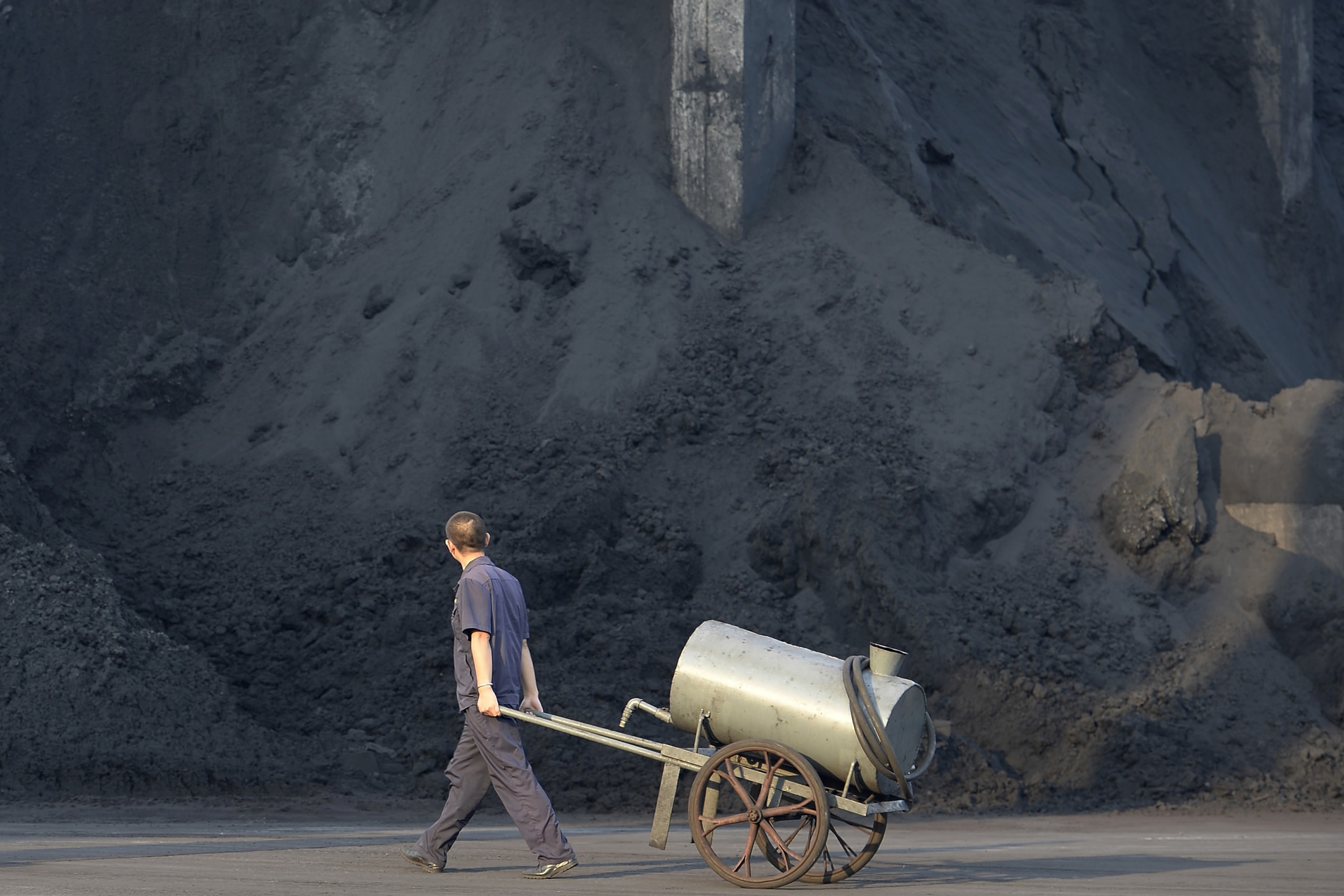China's top economic planner said Thursday that the country's drive to cut overcapacity in steel and coal has progressed well.
As of the end of May, 42.39 million tons of crude steel capacity and 97 million tons of coal capacity had been cut, accounting for 84.8 percent and 65 percent of annual targets respectively, said the National Development and Reform Commission (NDRC).
China will phase out about 50 million tons of crude steel capacity and over 150 million tons of coal capacity this year, said the NDRC.
By the end of June, all facilities producing inferior-quality steel bars will be dismantled, the NDRC said in May.
China is the world's largest producer and consumer of steel and coal.
Cutting overcapacity is high on the central government's reform agenda as the two industries have long been plagued by overcapacity and have become a major drag on China's growth in recent years.
The government plans to adopt more methods based on market rules and related laws while phasing out outdated capacity.
It has also decided to eliminate illegal production facilities and prevent those that have been shut down from reopening.
In 2016, China completed both its annual targets for coal and steel capacity reduction ahead of schedule.
Steel capacity will be cut between 100 and 150 million tons by 2020, while about a half billion tons of coal capacity is scheduled to be slashed in the next three to five years.

Cutting coal overcapacity is high on China's reform agenda. /VCG Photo
China's overcapacity cutting efforts will be a long-term policy as the country's overall supply-side reform continues, according to Mao Linjing, general manager with China's Chengxin Credit Rating Agency.
Phasing out the outdated capacity and introducing the market-oriented management mechanism will definitely improve competitiveness of enterprises, especially those owned by the state.
China's efforts to address this problem are linked to the EU, which feels the effects of excess capacity.
During the 12th EU-China Business Summit earlier this month, European Commission President Jean-Claude Juncker stressed the importance of addressing the issue.
"This is hurting EU producers, costing jobs and having a damaging impact on some of our manufacturing and industrial heartlands," he said.
He stressed that dialogue and cooperation is a must between the two sides, especially on data sharing and technology to create a fair trade environment.











